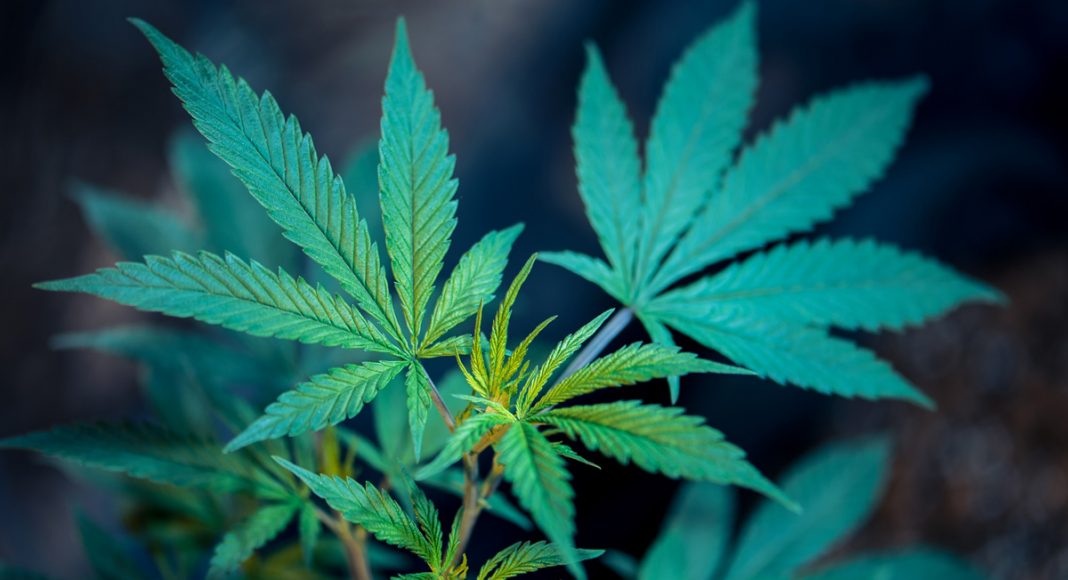When Michigan voters hit the polls in a little over a month, chances are they will approve an initiative designed to legalized marijuana for recreational use. A recent survey conducted by the Detroit Free Press finds that the majority of the state’s citizens are fully prepared to embrace the concept of a taxed and regulated pot market that allows adults 21 and older to purchase weed from a dispensary in a manner similar to beer.
The latest poll, which consisted of 600 active and possible voters, shows 55 percent intend to support marijuana legalization, while 41 percent are still opposed. So far, only 3 percent are undecided on the issue.
If these numbers are an accurate representation of how the election will unfold in November, Michigan is on the verge of becoming the first state in the Midwest to follow in the footsteps of states like Colorado and California by legalizing for recreational use. Then, things could get interesting.
Proposal 1, as it is will be referred to on the ballot, would give adults 21 and older the freedom to possess up to 2.5 ounces of marijuana from a retail dispensary and keep up to 10 ounces at home. It would also provide them with the ability to cultivate up to 12 cannabis plants for personal use. The measure would subject retail weed to the state’s 6 percent sales tax and a 10 percent excise tax. It also permits local governments to decide whether or not marijuana businesses would be allowed to open in their neck of the wood.
Although the proposal is showing strong enough support for a win, the numbers are down in some parts of the state.
Another survey conducted back in March showed 61 percent in favor of Proposal 1. As it stands, the initiative is widely received in Wayne, Oakland and Macomb counties, while the northern portions of the state seem to be less enthused.
Some believe the difference could have something to do with how the question of legal pot was presented. The first poll gave it to the respondents straight, “should marijuana be taxed and legalized for adults 21 and older?” The most recent attempt, however, included the full ballot language, which may have included some less favorable details.
Cannabis supporters, like the Coalition to Regulate Marijuana Like Alcohol (CRMLA), which is leading the charge behind this initiative, says the decline in support does not come as a surprise. But the organization plans “to continue to work hard and dispel the misinformation and scare tactics that the opposition continues to put out there,” said CRMLA spokesman Josh Hovey.
“Prohibition doesn’t work and we’re wasting millions to continue to enforce this law and arrest and incarcerate people,” he added.
Opposing forces are of the opinion that Michigan’s race for legal weed could be much tighter than the polls show. Still, legal marijuana has gained a tremendous amount of support from nearly every demographic other than people over 65. The consensus is that as long as younger people show up to the polls, the measure will pass without issue.
If Michigan legalizes marijuana, we could see legislative forces in the neighboring states of Illinois and Indiana finally get serious about the cannabis discussion. If not, they could have an enforcement issue on their hands.


